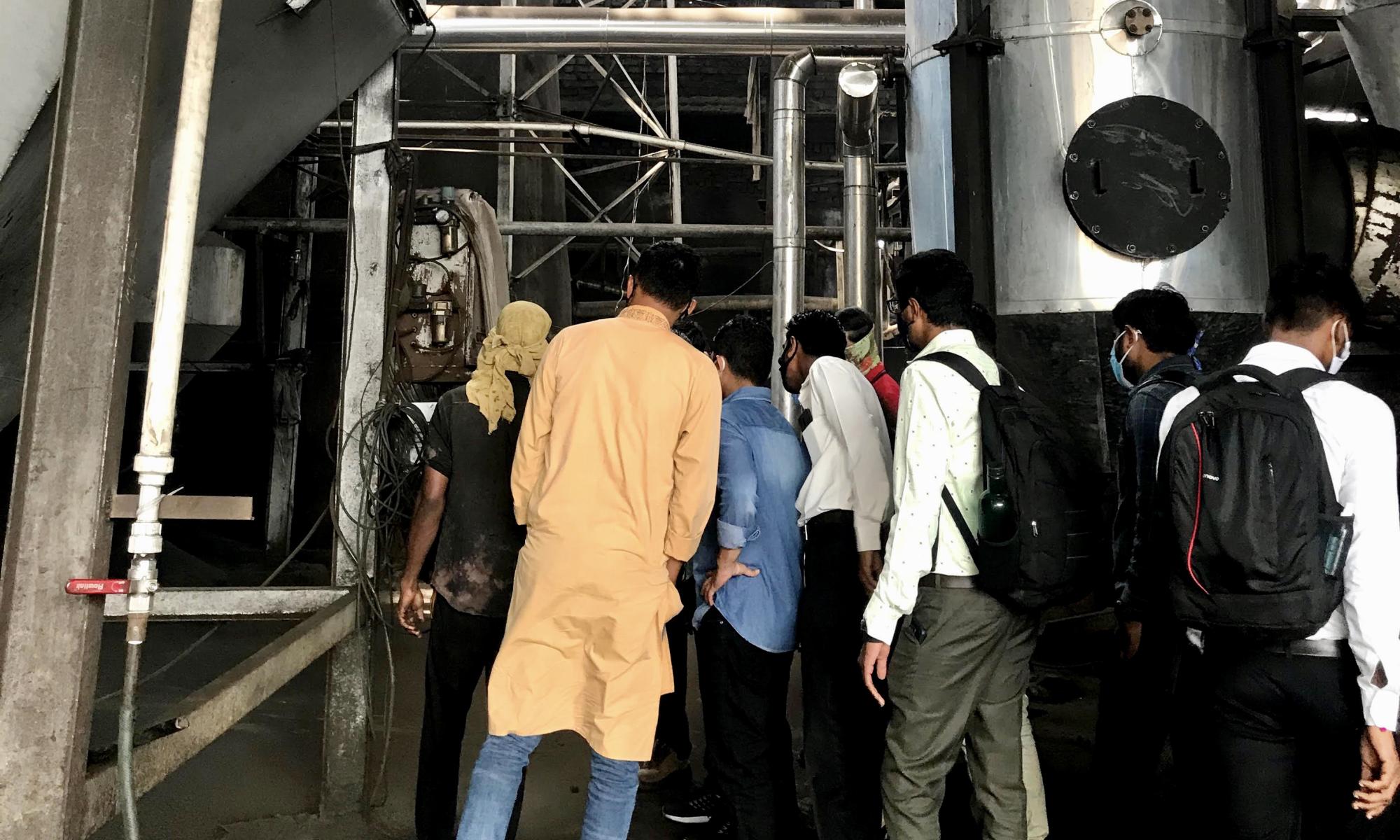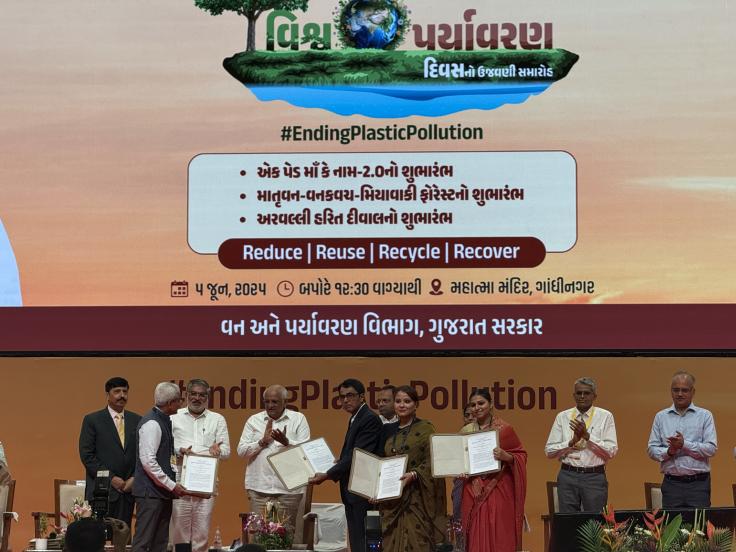
EMISSIONS TRADING SCHEME
Reducing industrial pollution by establishing emissions trading markets
Market-based environmental regulations have the potential to cut pollution at low cost (and potentially even increase profits), in areas where pollution levels remain persistently high. In 2022, based on results from a first-of-its-kind pilot study of an emissions market for particulate matter, the Gujarat Pollution Control Board built on Surat’s success and introduced a new market covering the largest manufacturers in the textile belt in the city of Ahmedabad - which includes 9.3 million people in its airshed.

Partners
| Gujarat Pollution Control Board | EPIC India |
Globally, air pollution causes billions to live shorter, less healthy, and less productive lives. However, governments may hesitate to enforce mitigation policies, such as command and control policies, that they perceive to reduce pollution or emissions at the expense of economic development. An alternative approach is to create market-based mechanisms, which can improve air quality as well as spur economic growth.
With preliminary work beginning in 2012, a randomized evaluation was launched by the Gujarat Pollution Control Board (GPCB) in 2019, in close collaboration with J-PAL affiliated researchers, in Surat, to test the efficacy of the first emissions market for particulate matter in India.
Evidence-to-action story

Point of contact

Gargi Pal
Senior Research Manager, J-PAL South Asia
[email protected]
Gargi Pal is a Senior Research Manager at J-PAL South Asia. She has worked on the Energy & Environment portfolio of projects, including the Information Disclosure project in Maharashtra, the Emissions Trading Scheme in Gujarat and the Smart Plugs project in Haryana.

